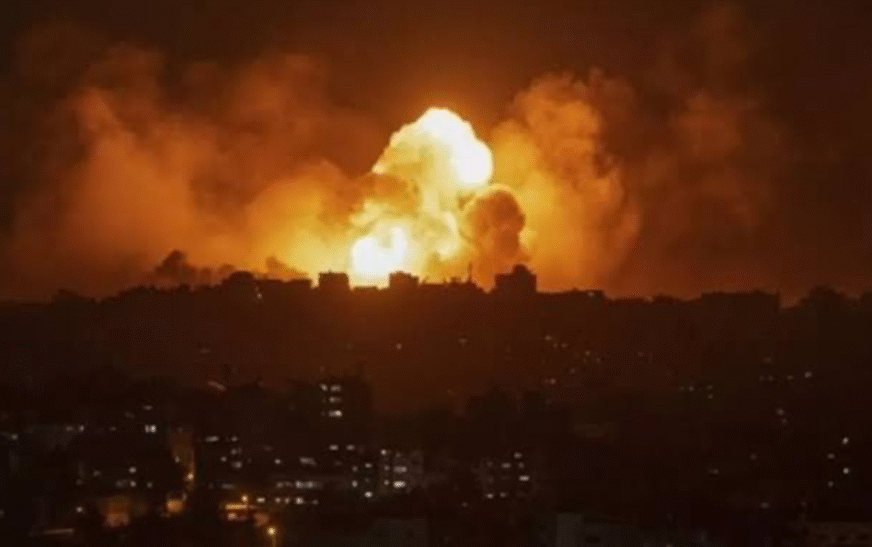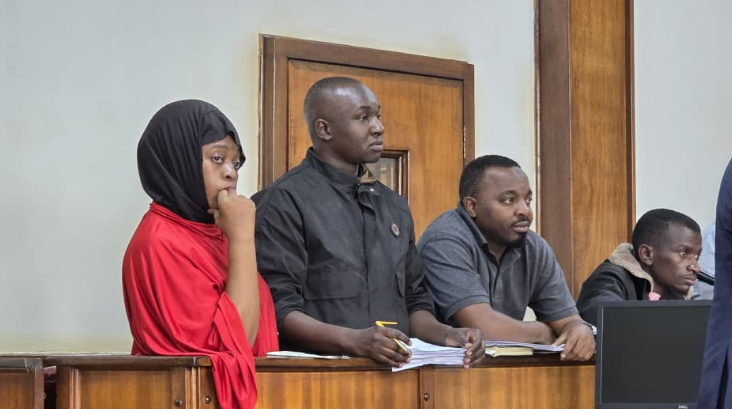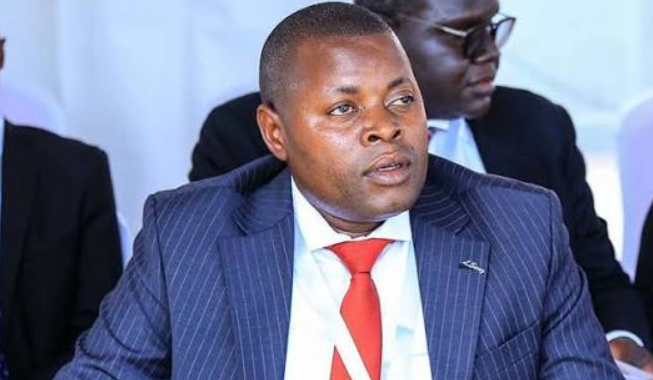Amid the intensifying conflict between Israel and Iran, at least 11 Ugandan students have declined to participate in the government’s evacuation effort.
The crisis escalated sharply on June 13, 2025, as both nations launched direct military strikes. The conflict was triggered by Israeli airstrikes targeting Iran’s nuclear and military infrastructure, prompting retaliatory missile attacks from Iran on Israeli cities.
Iran’s Health Ministry reports over 220 fatalities from Israeli strikes, while Israeli authorities state that 24 of their citizens have died due to Iranian retaliation.
Israel sees Iran as an existential threat and frequently accuses Tehran of pursuing nuclear weapons with genocidal intentions. In contrast, Iran accuses Israel of committing genocide in Gaza. This long-standing hostility has fueled Israel’s push for international sanctions and pre-emptive action against Iran’s nuclear ambitions.
As tensions peaked, the Ugandan government successfully evacuated 41 students from Iran. The group undertook a 917-kilometer journey from southern Tehran to Bazargan, followed by a 22-hour road trip from Gurbulak to Istanbul, coordinated by Uganda’s Embassy.
Nusula Tipelu, Uganda’s Ambassador to Turkey, confirmed that no injuries or illnesses were reported among the evacuees. However, she noted that a separate group of 11 students voluntarily chose to remain behind in Tehran. The embassy, she said, remains committed to supporting them until they are ready to return home.
Speaking at the reception of the evacuees, Permanent Secretary at the Ministry of Foreign Affairs, Vincent Bagire, urged the remaining students to reconsider their decision while the government still has the capacity to assist with safe evacuation.
The ongoing conflict is part of the broader Iran–Israel proxy war that has long played out through regional alliances and indirect military engagement.
Iran has historically supported groups like Hezbollah in Lebanon, and Palestinian factions such as Hamas and Islamic Jihad. In contrast, Israel has backed Iranian opposition movements like the People’s Mujahedin of Iran, carried out targeted airstrikes on Iranian positions in Syria, and allegedly assassinated Iranian nuclear scientists.
Although Iran and Israel once enjoyed diplomatic ties—particularly during the era of Imperial Iran under the “periphery doctrine” that aligned non-Arab states against Arab powers—relations deteriorated after Iran’s 1979 Islamic Revolution. Limited backchannel contact reportedly persisted during the Iran–Iraq War, but hostility has largely defined relations since then.
Iran’s support for Hezbollah intensified following Israel’s 1982 invasion of Lebanon, and the group played a central role in resisting Israeli occupation in southern Lebanon. Iran has also continuously backed Palestinian causes, seeking broader alliances across the Sunni Arab world.
Israel has engaged in repeated military confrontations with Hezbollah and Palestinian militant groups, including major conflicts in Gaza (2008–09, 2012, 2014, 2021, and ongoing since 2023) and with Hezbollah in the 2006 Lebanon War.
While Iran’s official stance on the Israeli-Palestinian issue has fluctuated between support for one-state and two-state solutions, its leadership has often used inflammatory rhetoric predicting Israel’s downfall. Analysts suggest Iran’s support for Palestinian factions is driven by both ideological commitment and a strategy to expand its influence in the Middle East.





















